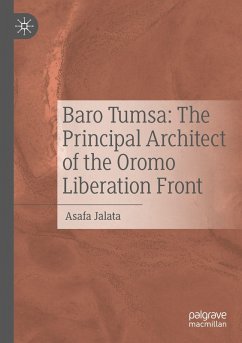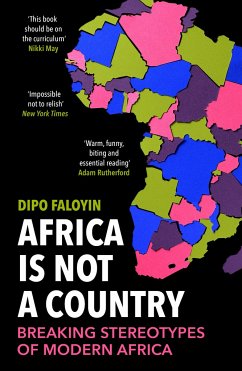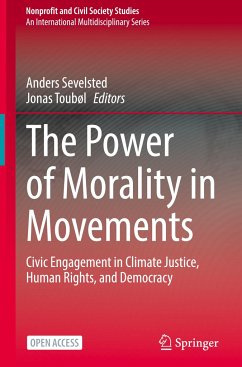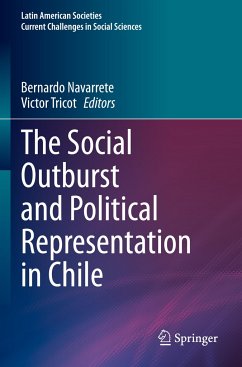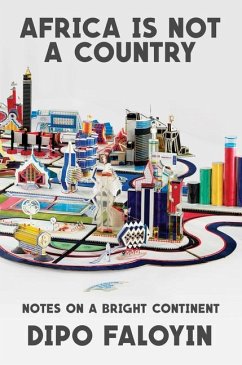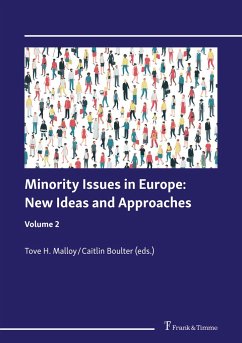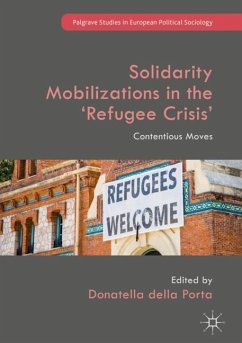
Baro Tumsa: The Principal Architect of the Oromo Liberation Front
Versandkostenfrei!
Versandfertig in 6-10 Tagen
106,99 €
inkl. MwSt.
Weitere Ausgaben:

PAYBACK Punkte
53 °P sammeln!
This book identifies and examines the role of Baro Tumsa in clandestinely bringing together a few Oromo nationalists of diverse backgrounds from all over Oromia, the Oromo country, to establish the Oromo Liberation Front (OLF) between the late 1960s and the mid- 1970s in Oromia and Ethiopia. The Haile Selassie government's destruction of Oromo movements, mainly the Macha-Tulama Self-Help Association (MTA), was an immediate reason for the birth of the front. While most Oromos have supported and sympathized with this liberation organization, the colonizers and their agents have vilified and atta...
This book identifies and examines the role of Baro Tumsa in clandestinely bringing together a few Oromo nationalists of diverse backgrounds from all over Oromia, the Oromo country, to establish the Oromo Liberation Front (OLF) between the late 1960s and the mid- 1970s in Oromia and Ethiopia. The Haile Selassie government's destruction of Oromo movements, mainly the Macha-Tulama Self-Help Association (MTA), was an immediate reason for the birth of the front. While most Oromos have supported and sympathized with this liberation organization, the colonizers and their agents have vilified and attacked it to make the Oromo society leaderless. For almost a half-century, the OLF has been struggling to uproot Ethiopian (Amhara-Tigray) settler colonialism and its institutions from Oromia to end the domination and exploitation of the Oromo. The book also examines the roles of leaders and social movements in organizing oppressed peoples for collective actions by creating organizations that have visions and missions to liberate themselves. It is a case study of global social movements and leadership studies.





